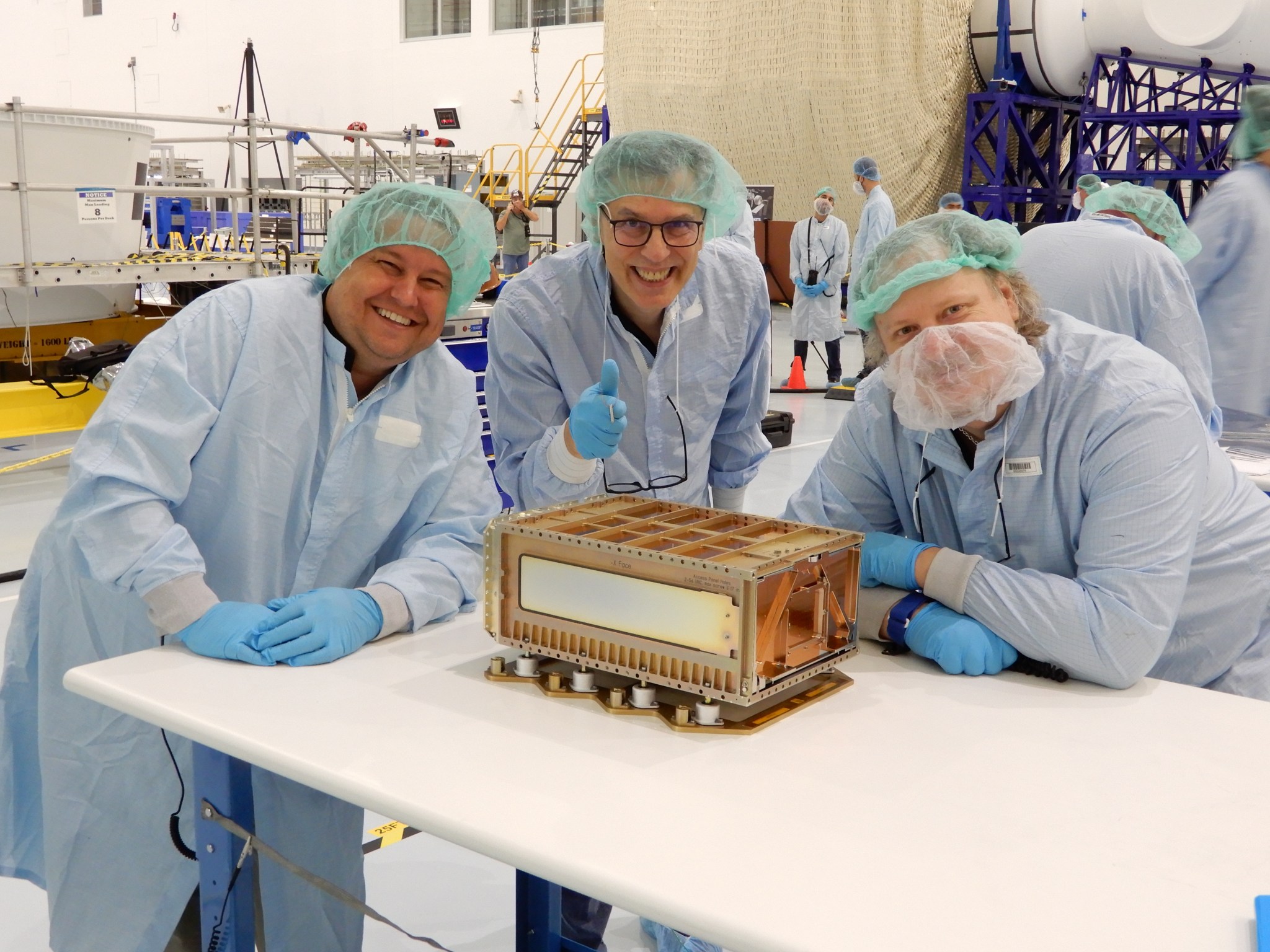3 min read

In its pursuit to develop groundbreaking technologies to explore space and benefit life on Earth, NASA invites the public to contribute ideas to the agency through participatory opportunities, including challenges. The Cube Quest competition - NASA's first in-space challenge - kicked off in 2015, offering a total prize purse of $5 million.
This challenge asked university and private developer teams to complete objectives in designing, building, and delivering small satellites capable of advanced deep space operations. Throughout two challenge phases, several teams developed and tested technologies to launch small satellites, also known as CubeSats, into orbit.
Team Miles of Tampa, Florida, was the sole team to send its CubeSat aboard 2022's Artemis I flight test around the Moon. Team Miles was under the leadership of Wesley Faler and found members through Tampa Hackerspace, a community nonprofit workshop. From there, it grew to include software engineering, information technology, radio-frequency engineering, radiation, aerospace engineering, graphic design, and blacksmithing experts.
"I was prototyping a plasma thruster design in my second bedroom workshop," says Faler. "NASA's challenge was specifically looking for wild ideas from citizen scientists - not your traditional degree or institution scientists - and that appealed to me."

During the challenge's ground test phases, Team Miles developed its Miles CubeSat, a breadbox-sized satellite propelled with a novel water-fueled plasma thruster. The team also created and radiation-tested its Resilient Affordable CubeSat Processor flight computer to communicate in deep space.
In total, NASA awarded $100,000 to Team Miles in the ground phase of the Cube Quest challenge. Despite not winning the in-space phase of the challenge due to a communications failure after launch, Faler emphasizes the value of participation extending beyond monetary awards, showcasing the team's resilience and determination.
"The challenge generated publicity and public awareness for a wild idea. The fact that NASA looked at the idea and helped us advance it gave us a platform to talk to people. That is huge for these challenges - the opportunity to be heard," says Faler.
Since the challenge ended, Faler has cofounded and become the CEO of Miles Space, Inc., a company that was born out of the innovative spirit of Team Miles. In January 2024, Miles Space was acquired by RocketStar, Inc., where Faler now serves as chief technology officer. Stemming from iterations of Faler's original thruster, the company has developed a nuclear fusion propulsion system, a testament to the profound impact of the Cube Quest competition on commercial space technology.
As for words of wisdom for future challenge participants, Faler said, "Whether you place in the challenge or not, you haven't lost time by participating. Being part of that process forces you to grow."






